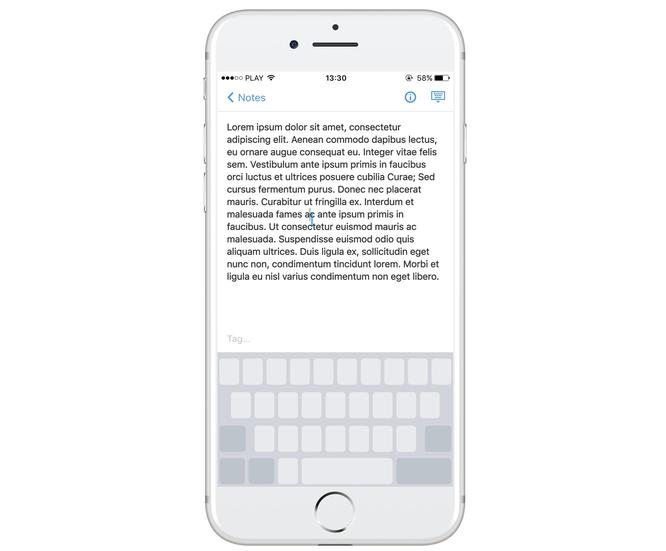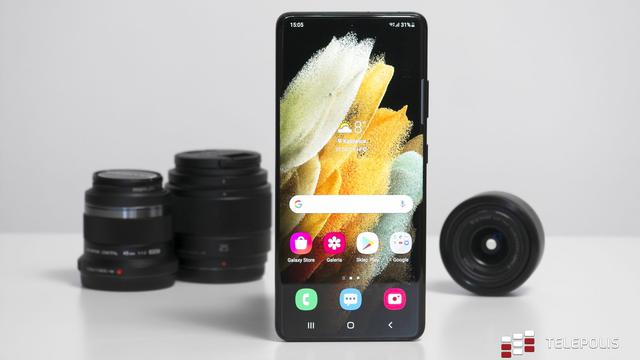I used different models, budget, mid-range and flagships with Adroid. Over the years, I've gotten used to one thing when using these phones. Namely, for regular cleaning of applications running in the background. I guess with these weaker models, it really gave the effect of acceleration and so it stayed with me, in the case of newer and faster models, it turned into hygiene of using the phone. I just liked having everything cleared in the background, without going too much into the why, why and what effects it has. It wasn't good for my devices. Unfortunately, I also transferred this habit to the iPhone SE, but now I will seriously consider it for the sake of the longest possible battery life.
This will interest you 66% of iPhone users have the option of erasing data after entering the password incorrectly 10 times turned off, what about you? My ways to save battery on iPhone - how to extend battery life?It should be obvious to me that restarting the application from scratch consumes more CPU resources than restoring it after previously dropping it in the background, which also results in higher battery consumption.

John Gruber also argues that the specificity of iOS argues that this should not be done especially on this system, because it has a better solution for managing applications running in the background. As an example, he gives a video on YouTube, where a test of the new Samsung Galaxy S8 and iPhone 7 devices was carried out, in which it was demonstrated how both phones cope with a large number of applications launched in the background.
The test clearly shows that the first time a series of applications were launched in sequence (then they are dumped in the background), they all launched faster on the iPhone than on the Samsung Galaxy S8, and much faster on the second loop of the same applications. This was due to the fact that, due to the fact that they were running relatively many, Android itself closed most of these applications on Samsung to free up the RAM needed to run more. On the iPhone, most of them stayed in the background, so it was even quicker to restart them all.
It was well explained by former Apple technician Kyle Richter, whose opinions are also referred to by John Gruber:
The process of closing the app itself reduces battery life. There are times when the device may need resources and will close the application on its own, which will partially drain the battery. However, modern smartphones have plenty of memory, so you'll be surprised how often apps can run all the time. This is doubly true for applications that you open and use frequently, as they will most likely never need to be closed. Repeatedly closing them and then starting them can noticeably affect battery life.
Read more below Three months of an Android man with an iPhone SE GUGrzegorz UłanWhy does your smartphone keep closing applications? Android RAM Problems ALAlbert LewandowskiSo I put ashes on my head and stop this evil practice. If for some reason this also happens to you, I recommend reading the post by John Gruber, who explains it in depth on his blog, I assure you that, like me, you will reconsider staying in this habit :)
Source: Daring Fireball via Business Insider Poland.


